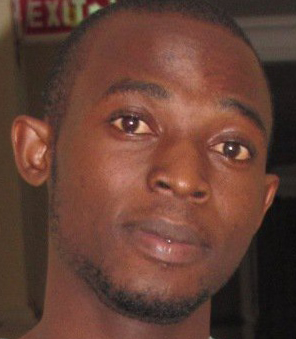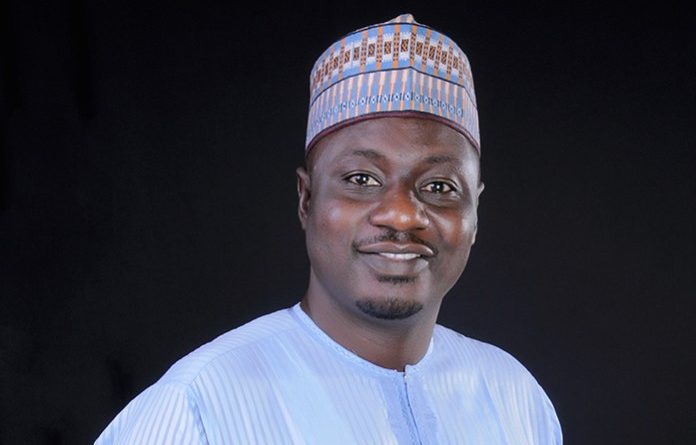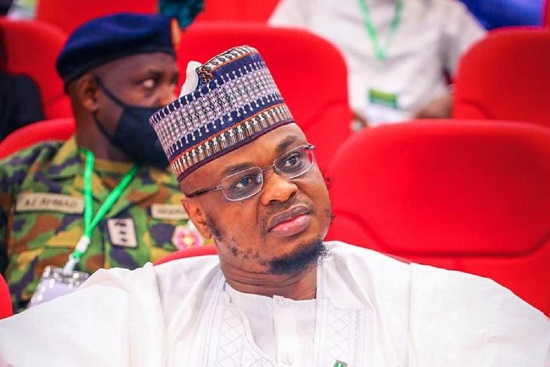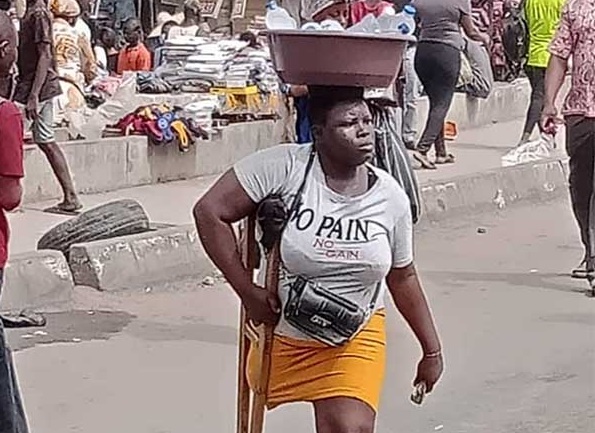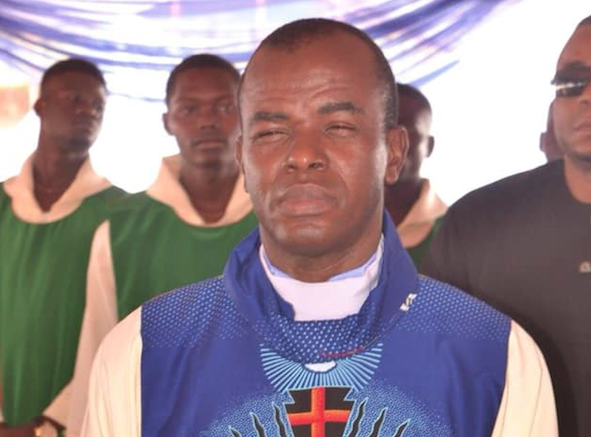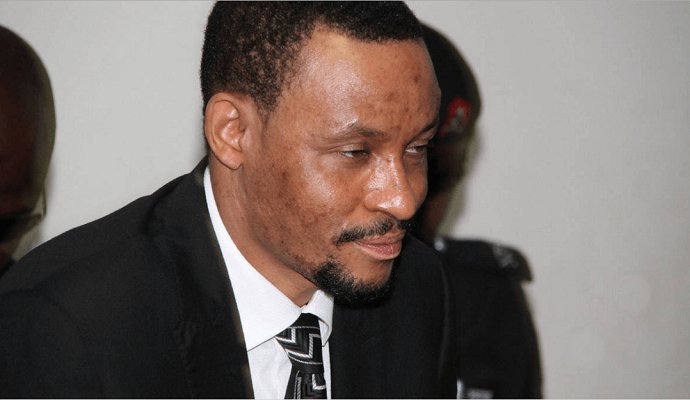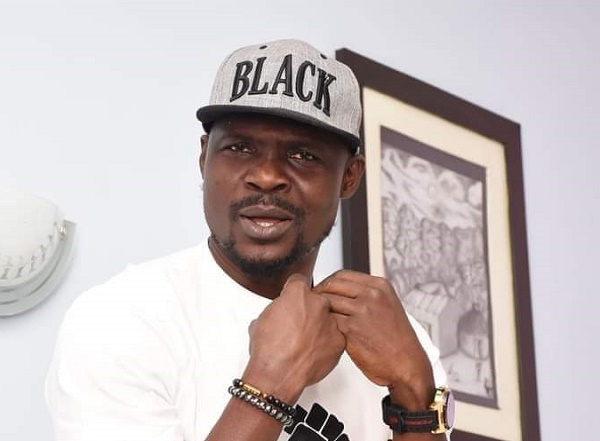Without him, we wouldn’t have unmasked the dollar-hoarding mobile vault occupying the seat of power in Kano state. But Governor Umar Abdullahi Ganduje, whose corruption was caught on tape in a sting operation by Jaafar-owned Daily Nigerian newspaper, isn’t the man to play by the book. He’s demonstrably ruthless and, with the resources at his disposal, it’s instinctive for his perceived enemies to take precaution. But Jaafar’s flight for safety about two weeks ago isn’t an inhibition of startle reflex; it’s a conscious and necessary escape from a declared danger.
On a March 19 interview with the BBC Hausa, Governor Ganduje gave a hint of the danger awaiting Jaafar. He had an unfolding plan to “deal with” those who released those videos of him stuffing dollars in flowing Babbar Riga, he shared. An alarmed Jaafar petitioned the then Inspector-General of Police, Mohammed Adamu, over that broadcast threat to his life. In the heat of this tension, an associate of the journalist also reached out to draw his attention to unknown persons lurking around his residence. The men suspected to be “hitmen” weren’t only at his residence in Abuja, but also spotted at his Kano residence.
On April 15, instead of assurance of protection from the Police, the publisher received an enveloped intimidation from the IGP Monitoring Unit of the Police Headquarters in Abuja. The letter, dated 14 April 2021 and signed by ACP A. A. Elleman, alleged that Jaafar was inciting violence and “spreading injurious falsehood to the Inspector General of Police (sic).” Fortunately, Jaafar wasn’t in the office when the five armed police officers stormed Daily Nigerian premises to invite him for questioning.
The investigative reporter has a legitimate reason to flee after five armed officers came looking for him, a private citizen who had blown the whistle to expose political theft and realizing the Police were attempting to treat him as the criminal for dispensing such democratic liberty. This refusal of the state to acknowledge the gravity of Ganduje’s corruption was a conspiracy developed when the videos, serialized to prove that the politician had received $5 million in kickbacks from contractors, were released in October 2018. The Ibrahim Magu-led EFCC was the first to launch a poor excuse for Ganduje. Pressured to share their plan for Ganduje at the peak of the revelation as the politician’s first tenure expired, Magu admitted that he had taken the videos to London for forensic analysis.
Advertisement
If one is outraged by the excuse that an organization as distinguished and critical as the EFCC had to go to London to determine the authenticity of a video, which average graduates of our under-equipped universities do easily, then the position of President Muhammadu Buhari should deal a blow to one’s mental health. He broke his silence during his session on Kadaria Ahmed’s interview series ahead of the 2019 general elections. He said he had no idea of “the extent of the technology used” in making the videos, hinting that it was possibly manipulated, and then went to Kano to endorse Ganduje for re-election.
There was of course a false hope from the Kano State House of Assembly as the media, especially social media, amplified Jaafar’s videos to caricature and immortalize Ganduje’s underground dealings. Even though Jaafar wasn’t obligated to appear at the legislative chamber, he took the pain of appearing before the circus they called an investigative panel to “assist” that arm of government in making sense of the videos. Nothing came out of it, and it’s safe to assume that Ghana-must-go must’ve changed owners.
Jaafar’s liberty must be our primal concern in this dangerous time. He’s a symbol of hope in a system that buys conscience cheaply in the market of ideas. The country has been spectacularly unsafe and having a ruthless politician and potentially irrational police after one is enough reason to go into hiding. When the rogues become the heroes of a publicized heist, the implication spells out beyond journalism and the civil society.
Advertisement
But Ganduje is the making of all of us. He’s the making of a political culture that protected him when he was caught pants down. He’s an invention of an army of sycophants procured to demonize the voices of reason. He thrived on a political party that looked away when evidence of his abuse of office trended. He was enabled by a legislature that performed for the camera and kept mum afterwards. He is, ultimately, a beneficiary of Buhari’s disinterest in redeeming the most important pledge that paved his way to the office.
The uncertainty around the lives of journalists and government critics under this government justifies Jaafar’s decision. Since August 2019, Abubakar Idris, known as Dadiyata on Twitter, has been missing, with his loved ones left with no clue to his whereabouts and whether he’s even still alive. He was also a fierce critic of Governor Ganduje, but there’s been a conspiratorial silence in the security circle since his abduction in Kaduna. If Dadiyata were the son of some politically advantaged person, there would’ve long been closure on this case.
Jaafar isn’t unaware that he’s as vulnerable as Dadiyata, even though he possesses a huge platform to report the danger after him. Beyond the acknowledgement of his vulnerability is the fact that Ganduje is a familiarly unforgiving and unpredictable politician. To his notoriety are, among several cases, sacrificing his most essential media aide, Salihu Tanko Yakassai, to please his political principals in Abuja; neutralizing his former principal, Rabiu Musa Kwankwaso, to protect his political capitals; and deposing Emir Muhammadu Sanusi II and balkanizing a centuries-old emirate to assuage his bruised ego.
The flower Jaafar deserves should come with thunderous applause, and all the parties invested in protecting Nigeria from the breed of vultures devouring its finest citizens must come together to defend and protect him from the forces that strike when we are carried away, defenceless or asleep. He has a family and an important organization to manage, a critical role to play in our democracy, and this emotional dislocation isn’t the road to that sane destination.
Advertisement
Gimba Kakanda is an Abuja-based public affairs commentator and columnist.
Views expressed by contributors are strictly personal and not of TheCable.
Add a comment
